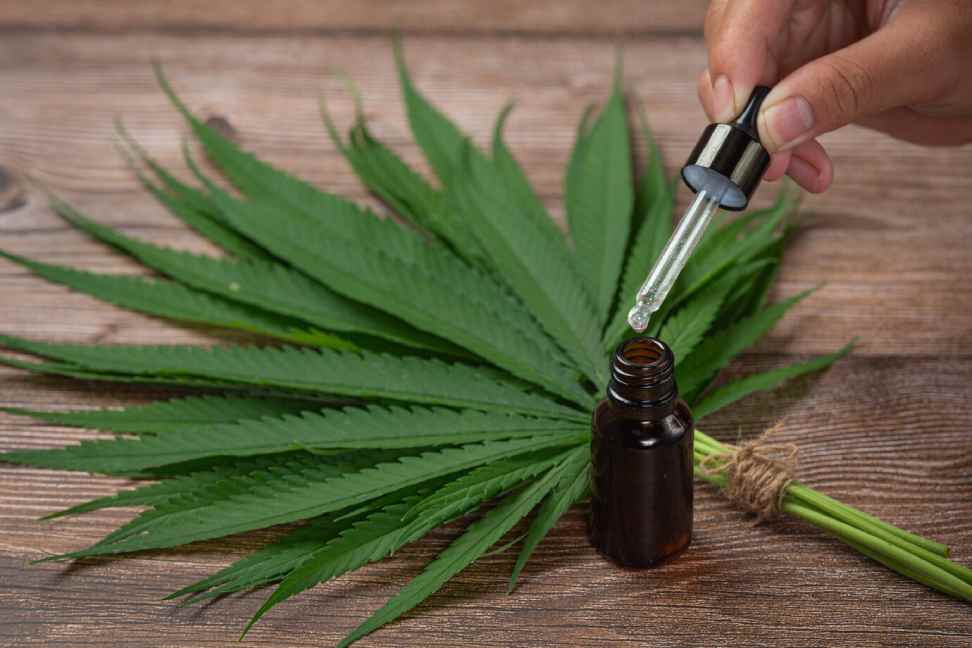Cannabidiol, commonly known as CBD, has exploded in popularity in recent years. From oils and tinctures to edibles and topicals, it seems CBD is everywhere. But with this surge in interest comes a lot of misinformation. Let’s clear the air and explore some key facts about CBD:
1. CBD is non-intoxicating: Unlike its famous cousin, THC, CBD does not produce a “high” or alter your perception. This is because it interacts differently with the body’s endocannabinoid system, which plays a role in regulating various functions like sleep, mood, and pain.
2. Research is ongoing, but potential benefits exist: While CBD is not a cure-all, studies suggest it may offer relief for various conditions. These include chronic pain, anxiety, epilepsy, and even some sleep disorders. However, it’s important to remember that most research is still in its early stages, and more evidence is needed to confirm its effectiveness for specific conditions.
3. Legality varies: Laws surrounding CBD can be complex and differ depending on your location. In the United States, for example, federally legal hemp-derived CBD products must contain less than 0.3% THC. It’s crucial to check your local regulations before purchasing or consuming CBD.
4. Not all CBD products are created equal: With the growing market, it’s essential to be a discerning consumer. Look for reputable brands that offer third-party lab reports verifying the product’s CBD content and purity. Be wary of exaggerated claims and unrealistic pricing.
5. Speak to your doctor before trying CBD: While generally considered safe, CBD can interact with certain medications. Always consult your doctor before starting any new supplement, including CBD, to ensure it’s safe for you and won’t interfere with your existing medications.
Remember: While CBD research holds promise, it’s crucial to approach it with realistic expectations and prioritize evidence-based information. Consult a healthcare professional for personalized guidance and make informed decisions based on your specific needs and medical history.

